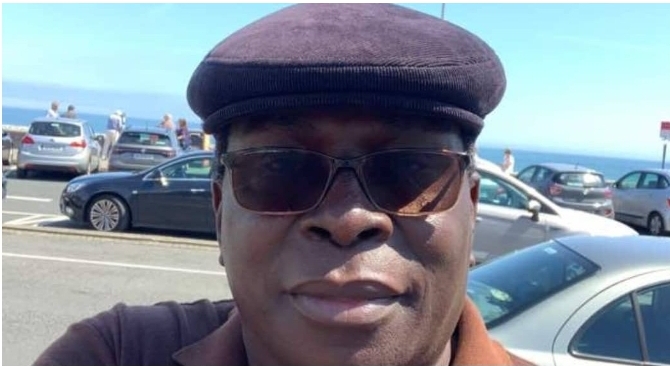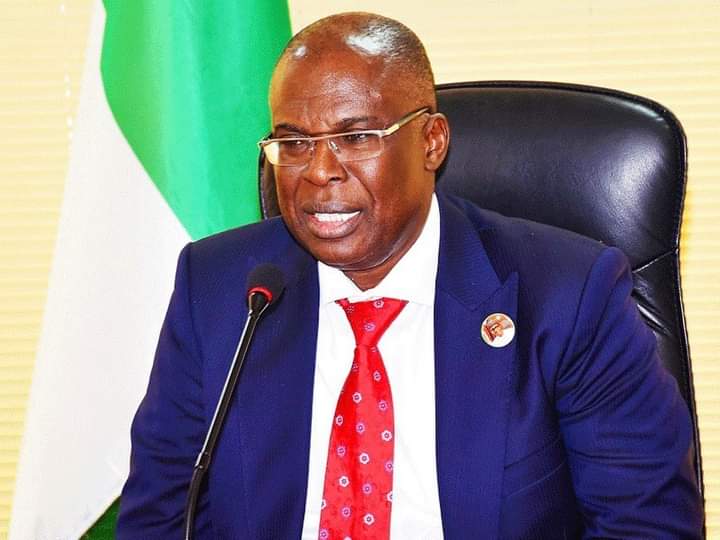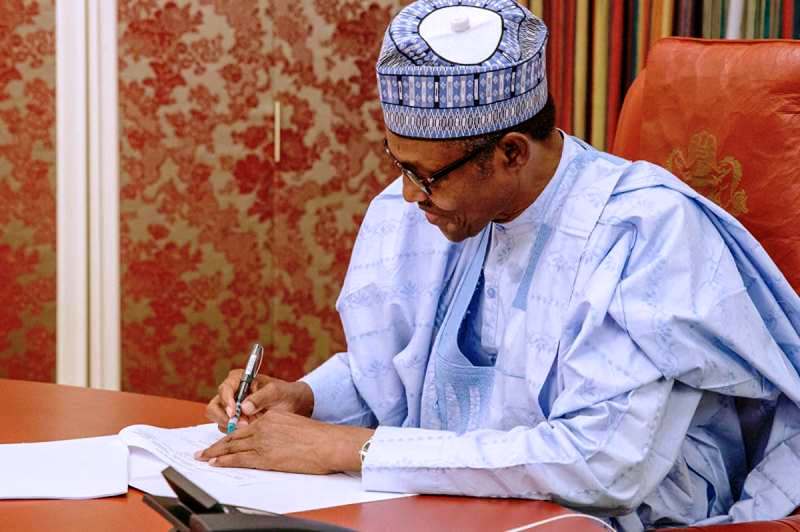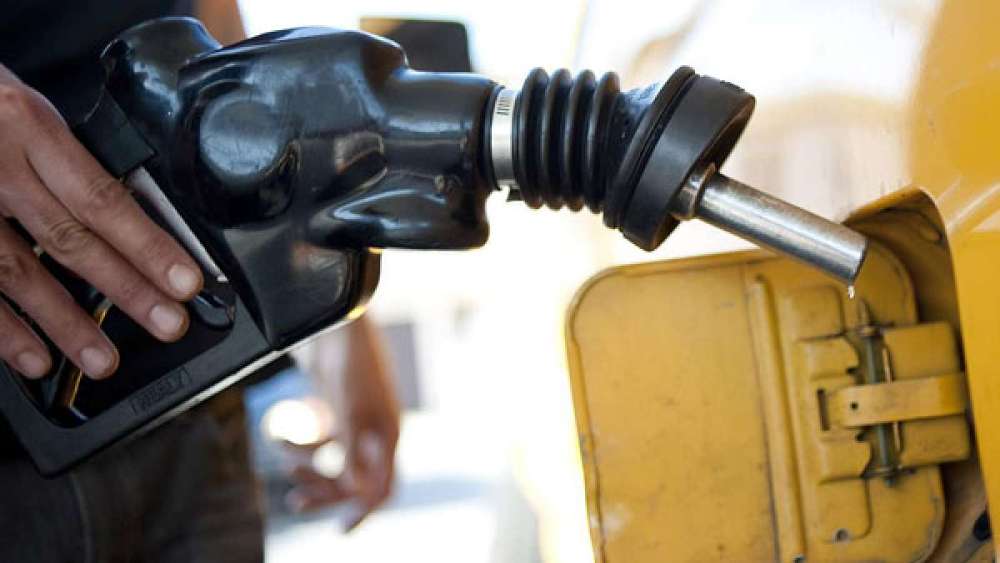By Mideno Bayagbon
I understand if your first reaction after reading the above headline is to wonder: President Buhari should resign? But Why? Chief Timipre Sylva, Minister of State, Petroleum, should too? And the Group Managing Director of the Nigerian National Petroleum Corporation, Mele Kyari? Wetin dem do? Why should they resign? You may further ask. And if you are a member of the Buhari Hailing Party, what we have come to know as the Hailers; or a beneficiary of the unearned largesse at the disposal of the junior minister for the Petroleum Ministry, or the emperor at the NNPC, it is understandable for you to call for my head to be placed on the guillotine.
The shock would be if the headline resonates immediately with the Nigerian on the streets or in the boardrooms. That would be the biggest surprise of the year. We have never been known as such a people to massively call for the sack of our public officers. No matter how bad the lived situation of Nigeria is, we look for a short cut, for a way, no matter how undignified, out. When those who pose as government and their officials, through compounded incompetence, poorly thought out policies, greed and corruption, slam us repeatedly on the iron wall, we don’t fight back. We look for a way to dig a bunker to hide. We will rather be cowards than face our fears; than confront our oppressors.
If any one is in doubt about why Nigeria, as a country and as a people, is where it is today, you need not look farther than the ongoing episode of adulterated fuel import. The audacious impunity with which the government has carried on, is a sorry commentary on our nation. The attitude is akin to “Damn the Public.” They don’t matter. We can carry on as we like. Everything, despite the monumental damage done, must go on as usual.
Neither remorse, nor sanctions, just blame gaming and blame shifting. It does not matter to them that their perfidious incompetence is wracking the economy and sending expense accounts of Nigerians into a tailspin. We are a nation that doesn’t punish impunity, but rewards bad, evil, and corrupt leadership.
And it is not just about the ruling party, the APC, government alone. Even the opposition Peoples Democratic Party (PDP) is silent. Not concerned with the agony of those whose cars have been wrecked, whose businesses have been badly impacted, whose increased cost of transportation and cost of living have suddenly skyrocketed due to no fault of theirs. Not one meaningful statement from the PDP calling for sanctions on the officers involved or on the leadership on whose table the bulk of this disastrous issue rests. Just one lame excuse of a statement. There is an obvious connivance going on. Being birds of the same corrupt plumage.
Moreover, the indolence and conspiratorial inertness of the average Nigerian is mind boggling. Our ability to coil up, to be kicked in the groin, time and over again, without a whimper, is truly exasperating. Government treats Nigerians a little less than slaves, and it is life as usual. Nigerians expect nothing good from the so-called leaders. They get nothing but bad, incompetent leaders. The average Nigerian doesn’t care. They carry on only to mumble in the dark crevices of their bedrooms. Afraid lest the wind betrays their anguish and whisper their stultifying agony near the opulent, nonchalant ears of their oppressors, the government.
Our docility is the reason it is said of Nigerians that they are the easiest people on earth to be ruled. This is not a new phenomenon. It didn’t start with President Buhari. For anyone old enough to remember, the Abami Eda, the one who thought he had death in his pouch, Fela Anikulapo, lamented about it almost forty years ago. In one of his songs, Sorrow, Tears and Blood, with lyrics reproduced.
- My people self dey fear too much
- We fear for the thing we no see
- We fear for the air around us
- We fear to fight for freedom
- We fear to fight for liberty
- We fear to fight for justice
- We fear to fight for happiness
- We always get reason to fear
- We no want die
- We no won’t wound
- We no want quench
- We no want go
- I get one child
- Mama dey for house
- Papa dey for house
- Them leave sorrow, tears, and blood
- Them regular trademark (them regular trademarks)
- Them leave sorrow, tears, and blood
- Them regular trademark
- This is why
- Everybody run, run, run
- Everybody scatter, scatter
- Some people lost some bread
- Someone nearly die….
While Nigerians and the economy groan, President Muhammadu Buhari, typically is keeping an aloof silence. Chief Timipre Sylva is incommunicado, while the NNPC GMD, Mele Kyari, thinks so little of the sufferings engendered by the adulterated fuel, that he chose to go and collect an honorary degree from one of the local universities. Thereafter, he comes public to insult the intelligence of Nigerians by trying to abdicate responsibility for the fiasco. He blames four sub contractor companies which the NNPC, the sole importer of fuel into the country, sublets part of its responsibilities.
When this became untenable, he shifts the goalpost and goes on other blame game gimmicks. He never for once accepted blame for the damage to the economy and the people which the incompetence of the agency that he heads has visited on the country. For him, all is well, as long as he is able to paper over his complicity, incompetence, and guilt.
He does this knowing full well no one will call him to accountability. He knows that he faces no risk of a sack or even a reprimand. His bosses, the minister for petroleum, the president of Nigeria, and his minister of state, who should be under heavy fire, their jobs hanging on the balance of public anger, are mute. They know the powerless, cowardly Nigerians all too well.
The GMD, Mele Kyari, and the NNPC, in other climes, would be facing huge financially damaging suits by now. The huge payout they would have been forced to pay would have induced humility. The impacted citizens would have organised themselves into a joint force to sue NNPC and Kyari in his official and personal capacity. The insurance companies too, who would have had legions of payments to make on insured cars, would have been up in arms. There is no way, the careless conspiracy going on would have been tolerated without humongous consequences to the NNPC and the government.
Yet, were Nigeria one of the decent democracies and economies of the world, President Buhari, Sylva and Mele Kyari would have been too afraid of kissing their jobs good bye, to behave the way they have done to Nigerians so far.
As for me, the three of them should be held accountable. They should not hold their positions one minute longer. They should be made to resign or pay dearly. Especially the NNPC GMD! Even if Nigerians are afraid to talk to them, should their consciences also be afraid of them?




